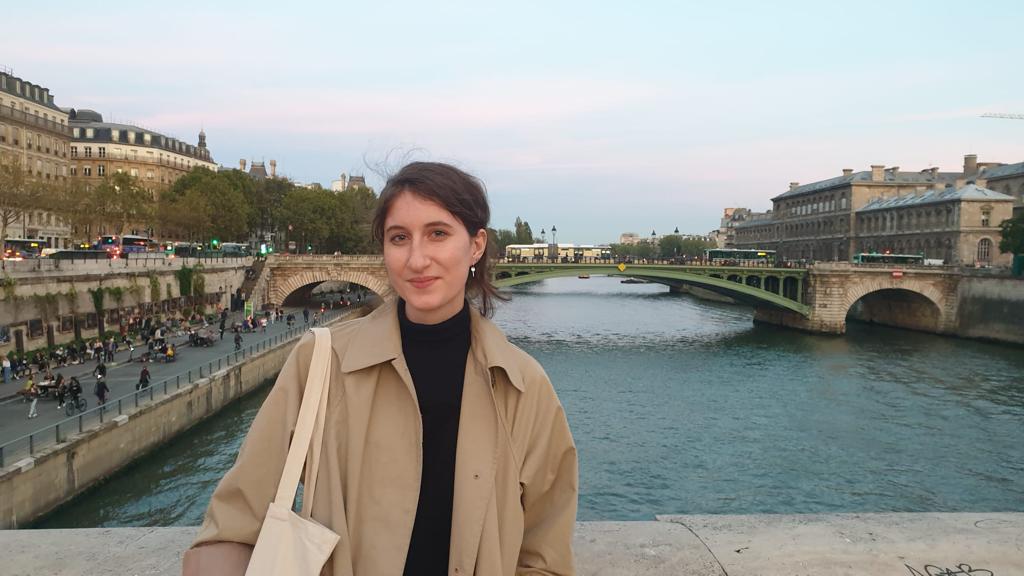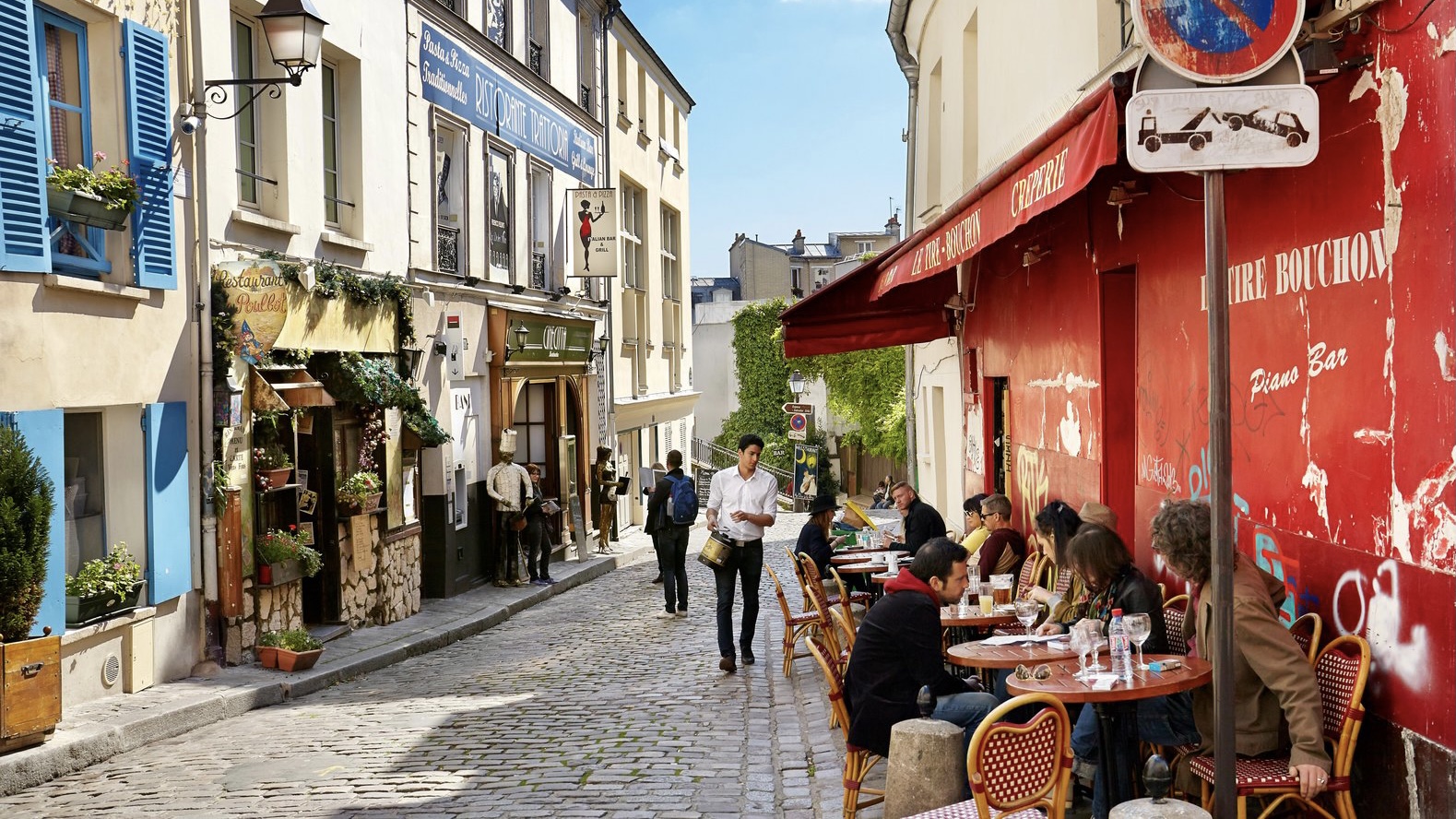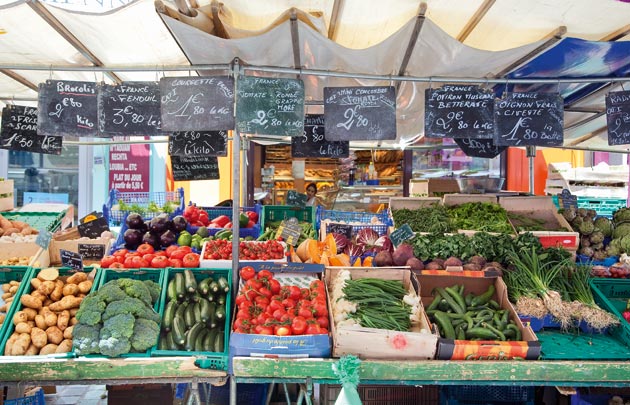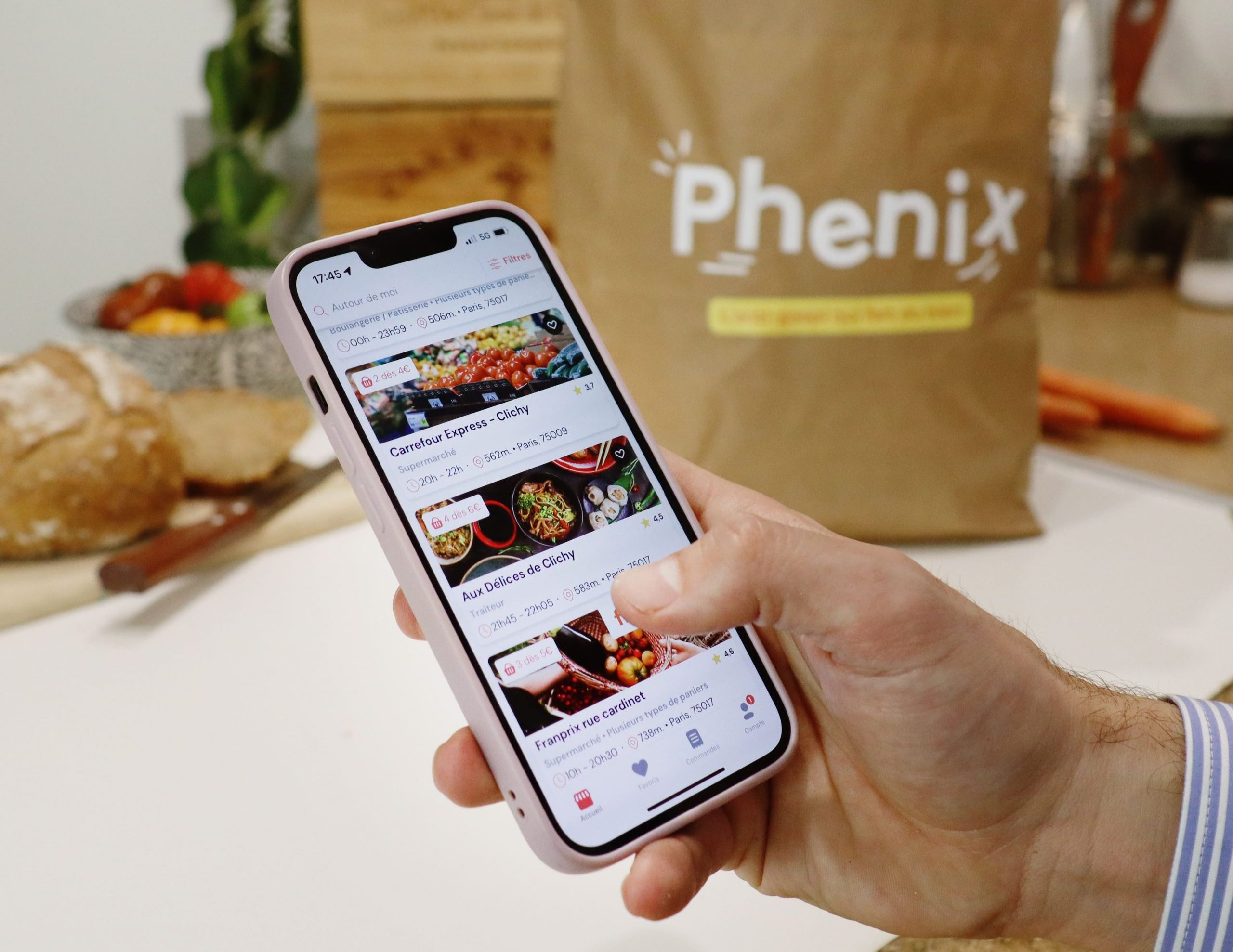In the latest edition of our Graduate Profile series, we are pleased to introduce an alumna who remained in Paris after her studies. Since graduating from the University of Kent’s MA in Film Studies, Sinéad McCausland works as a journalist for France’s newspaper of record, Le Monde, in addition to producing written and video work for various media platforms.
Where are you from and what originally brought you to Paris?
I was born and brought up in South Wales. A draw to cities is what originally brought me to Paris. Having spent my childhood in rural towns, cities became hubs of art, culture, connection, opportunity, change – everything I wanted to be a part of. Truthfully, I could’ve ended up in any city, but, fully immersed in my French New Wave obsession when I made the decision to leave, I think it was only natural that Paris was the place I ended up.
What attracted you most about studying with Kent in Paris?
The fact the courses offered were in English was number one. Moving to a new country is tough, and not speaking the language is even tougher, so this was my primary concern. I remember being drawn to the Film modules Kent in Paris offered thanks to the scope of what was taught, from the beginnings of cinema in France through to the New Wave, and Kent in Paris’ interdisciplinary approach to learning. Being given the opportunity to study and sit in on art history and creative writing classes was a big plus.
What were some of the highlights from the course?
Being given introductory tours to the Cinémathèque Française and the Bibliothèque Nationale de France were definitely highlights. What stands out most from the course is how well each professor incorporated Paris into their classes. I think we spent more time outside of the classroom than inside it, exploring the city and its people in relation what we were learning – there was even one class [covering psychogeography] where we were encouraged to take our shoes and socks off and walk around the 6th arrondissement barefoot (I did). And working and socializing in the beautiful Reid Hall building, which I still visit regularly, is something I’d encourage all students to take advantage of while doing their programme.
How did your Master’s programme at Kent in Paris help with your career prospects?
My Master’s at Kent in Paris was invaluable. Thanks to the opportunities the programme gave me, I began an internship with Columbia University’s Paris Global Center, which then turned into a full-time position, meaning I could stay in Paris. I subsequently learned French and embarked on my career as a journalist, working for France 24, Agence France-Presse, and Le Monde.
What is your current role and how did it come about?
I’m currently a video and text journalist for Le Monde in English, the newspaper’s digital English-language version launched in 2022. I was originally a pigiste, a special freelancer status granted to journalists, for Agence France-Presse’s video service and France 24’s 24 hours news channel before joining Le Monde.
What are the most rewarding and the most challenging aspects about your current role?
While there are a lot of them, the rewards far outweigh the challenges in journalism. I appreciate that a key part of my job involves staying informed on events, big and small, happening around the world, from the war in Ukraine to the Iranian protests, and so on. Still, it’s hard to switch off – the newsroom is addictive. But the best thing about journalism is that it’s a job where you never stop learning; there’s always something new to discover.
What is it like looking for work in Paris as a native English speaker? Any advice for current students?
It’s easy to see being a native English speaker in Paris as a limitation if you’re not bilingual, but I would encourage students to see it as a plus. It’s hard to give specific advice because it depends on the work a student may be looking for, but I think if you really want to stay in the city and are proactive enough, there’s always a way to make it work. Let everyone know that you want to stay in Paris and that you’re looking for a job. And most importantly, be kind to yourself. It takes a couple of years to settle into a new country and make it feel like home.
You can view Sinéad’s work for Le Monde in English here.




